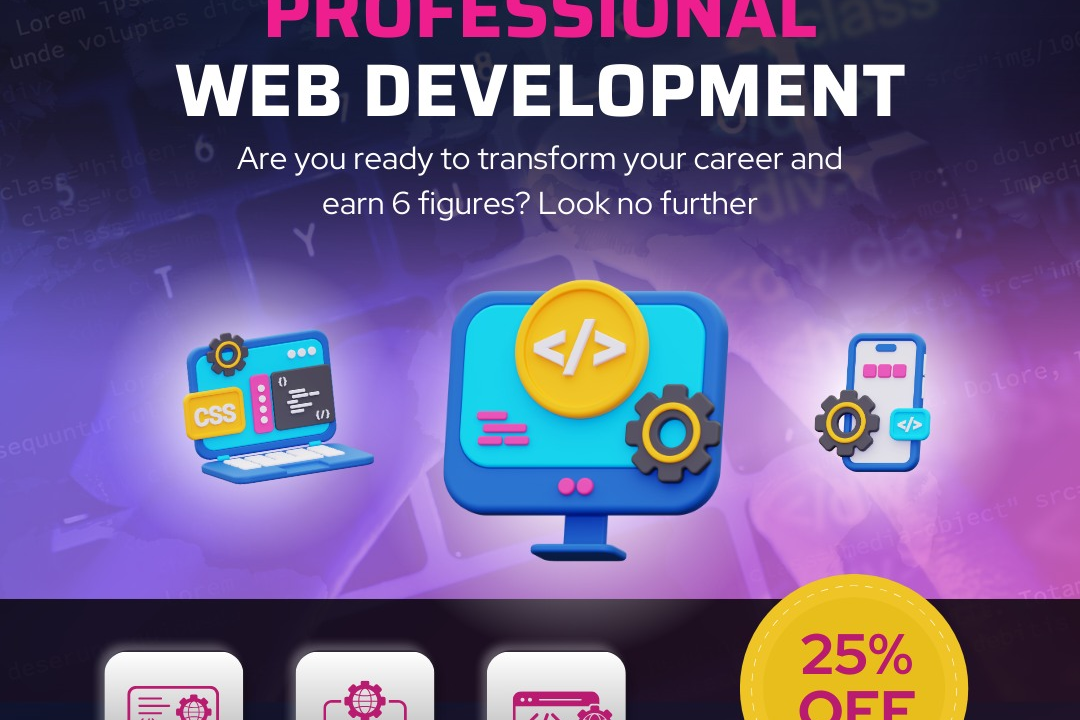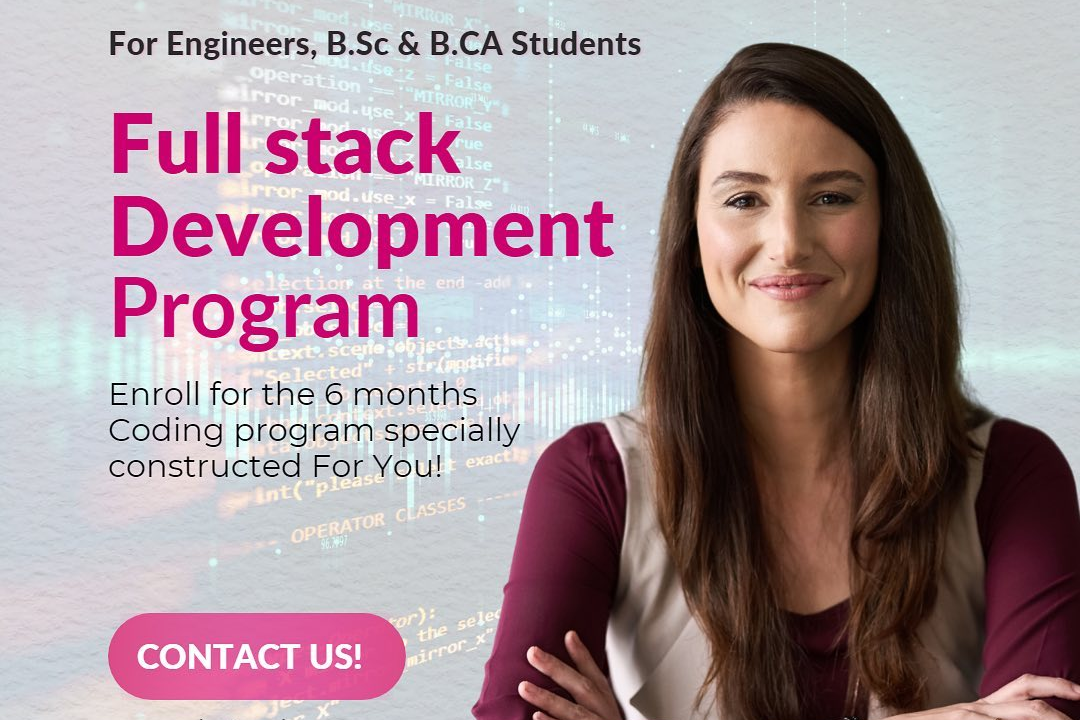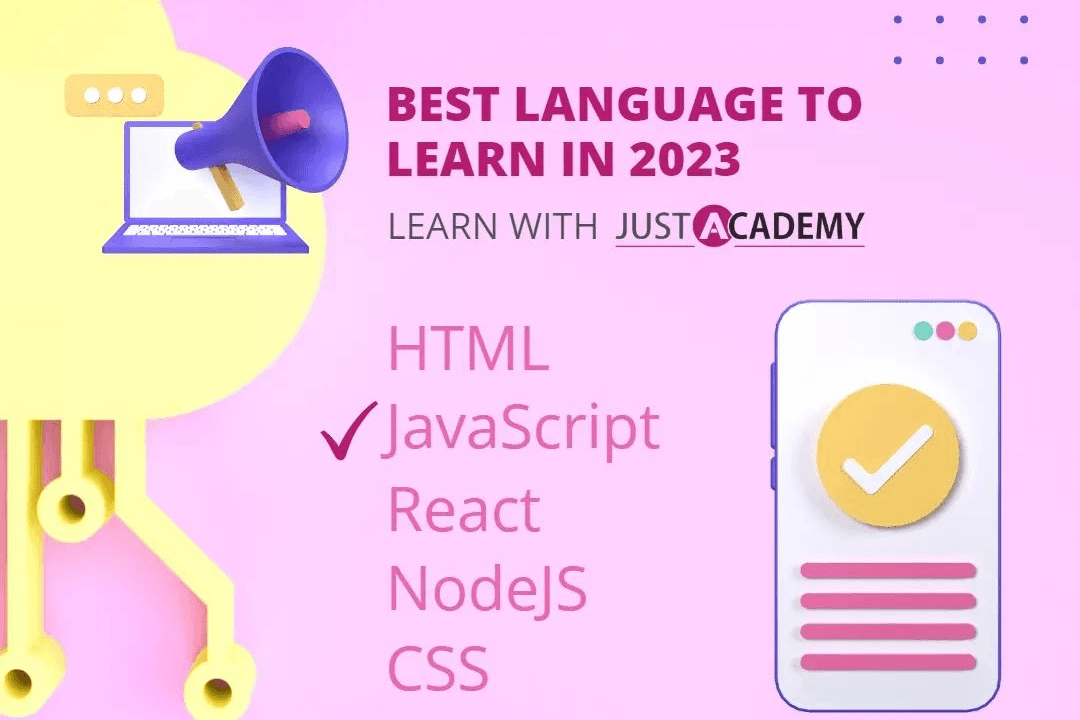Node Interview Questions React Js
React JS Interview Questions for Node Developers
Node Interview Questions React Js
Node.js and React.js are popular JavaScript frameworks that are frequently used together for full-stack web development. Interviewers ask questions about both of these frameworks to assess a candidate's understanding of web development concepts and their practical experience with these technologies. Questions on Node.js might cover topics like server-side rendering, data handling, and HTTP request handling. React.js questions could focus on component lifecycle, state management, and performance optimization. By answering these questions effectively, candidates can demonstrate their proficiency in these frameworks and their ability to build dynamic and interactive web applications.
To Download Our Brochure: https://www.justacademy.co/download-brochure-for-free
Message us for more information: +91 9987184296
1 - What is React JS?
React is a JavaScript library for building user interfaces. It uses a component based approach, where complex UIs can be built from smaller, reusable components.
2) What are the key features of React JS?
Virtual DOM and reconciliation
Component based architecture
One way data flow
React Native for cross platform development
3) What is the virtual DOM?
The virtual DOM is a lightweight representation of the real DOM. It allows React to efficiently update the UI by only rendering the changes that are necessary.
4) What is a component in React JS?
A component is a reusable building block for a React application. It defines both the UI and the behavior of a specific part of the UI.
5) What is a state in React JS?
State is used to store data and manage the behavior of a component. It can be updated using the `setState()` method.
6) What is the difference between props and state?
Props (properties) are immutable values that are passed down from parent to child components. State is mutable and is managed within a component.
7) What is uncontrolled and controlled components?
An uncontrolled component manages its own state, while a controlled component's state is managed by the parent component.
8) How does React handle events?
React uses event handlers to handle events in the UI. These handlers are defined as methods in components, and can be triggered by user actions.
9) What is a higher order component (HOC)?
A HOC is a component that takes another component as an argument and returns a new component with additional functionality.
10) What is the React Router?
React Router is a library for managing navigation in React applications. It provides features such as declarative routing, nested routes, and URL parameters.
11 - What is Redux?
Redux is a state management library for React applications. It provides a central store for managing application state, and defines a set of rules for updating that state.
12) What are some of the advantages of using React JS?
Efficient performance
Reusable components
Active and supportive community
Wide ecosystem of tools and libraries
13) What are some of the disadvantages of using React JS?
Initial learning curve
Can be verbose
Potential for performance issues with heavy computations
14) What are some of the best practices for writing React JS code?
Use functional components
Keep state minimal
Avoid unnecessary re renders
Optimize performance
15) What are some of the resources available for learning React JS?
Official React documentation
React tutorials and workshops
React community forums and blogs
- Answer questions accurately and thoroughly. The more accurate and complete your answers are, the more points you'll earn.
- Be the first to answer a question.* The first person to answer a question correctly will earn the most points.
- Answer multiple questions.* The more questions you answer, the more points you'll earn.
- Participate in discussions.* Participating in discussions can earn you points, even if you don't answer a question.
- Vote on questions and answers.* Voting on questions and answers can help you earn points.
- Earn badges.* Badges are awarded for specific achievements, such as answering a certain number of questions or earning a certain number of points. Badges can also earn you points.
- Course Overview
- This course will walk you through some of the most frequently asked interview questions for Node.js and React.js, providing concise explanations and code examples to help you prepare for your upcoming technical interviews.
- Course Description
- Master the art of JavaScript interviews with our comprehensive “Node Interview Questions and React JS” course. This course provides an in-depth exploration of Node.js and React.js fundamentals, common interview questions, and practical exercises. You'll gain a solid understanding of both technologies and enhance your skills for successful interviews.
- Key Features
- 1 - Comprehensive Tool Coverage: Provides hands-on training with a range of industry-standard testing tools, including Selenium, JIRA, LoadRunner, and TestRail.
- 2) Practical Exercises: Features real-world exercises and case studies to apply tools in various testing scenarios.
- 3) Interactive Learning: Includes interactive sessions with industry experts for personalized feedback and guidance.
- 4) Detailed Tutorials: Offers extensive tutorials and documentation on tool functionalities and best practices.
- 5) Advanced Techniques: Covers both fundamental and advanced techniques for using testing tools effectively.
- 6) Data Visualization: Integrates tools for visualizing test metrics and results, enhancing data interpretation and decision-making.
- 7) Tool Integration: Teaches how to integrate testing tools into the software development lifecycle for streamlined workflows.
- 8) Project-Based Learning: Focuses on project-based learning to build practical skills and create a portfolio of completed tasks.
- 9) Career Support: Provides resources and support for applying learned skills to real-world job scenarios, including resume building and interview preparation.
- 10) Up-to-Date Content: Ensures that course materials reflect the latest industry standards and tool updates.
Benefits of taking our course
Functional Tools
1 - Node.js:
A JavaScript runtime environment that allows developers to execute JavaScript code outside of a browser.
Used for building server side applications, web applications, and mobile applications.
2) React JS:
A front end JavaScript library for building user interfaces.
Focuses on declaratively defining the UI and handling state management.
3) Express.js:
A Node.js web framework for building web applications.
Provides a routing system, middleware handling, and template engine support.
4) MongoDB:
A document oriented database that stores data in JSON like documents.
Suitable for storing and managing large amounts of unstructured or semi structured data.
5) Git:
A distributed version control system for tracking changes to source code.
Allows developers to collaborate on projects and manage code changes efficiently.
6) Jest:
A JavaScript testing framework that runs tests in a fast and isolated environment.
Provides assertion functions, mocking capabilities, and test coverage reports.
Strategies to Earn More Points:
1. Engage Actively:
- Participate in discussions, ask questions, and share your insights.
- * Create thoughtful and valuable content that adds to the community.
- * Help others by answering questions, providing support, and offering encouragement.
- 2. Maintain Consistency:
- * Log in regularly and make meaningful contributions.
- * Set a daily or weekly goal for participation.
- * Show up for virtual and in person events or activities.
- 3. Engage in Targeted Activities:
- * Identify specific challenges or topics that require your expertise.
- * Offer solutions, provide resources, or share your experiences in relevant areas.
- * Participate in polls, surveys, and challenges to earn bonus points.
- 4. Build Relationships:
- * Connect with other members who share your interests or perspectives.
- * Join groups or teams to collaborate and support each other.
- * Offer help to new members and welcome them to the community.
- 5. Seek Recognition:
- * Showcase your contributions by sharing your work or highlighting your accomplishments.
- * Nominate yourself for awards or recognition programs.
- * Request feedback from other members to improve your impact.
- 6. Use Social Media:
- * Promote your community involvement on social media platforms.
- * Share links to your contributions, ask for feedback, and engage with followers.
- * Join community related groups and discussions to expand your reach.
- 7. Contribute to Growth:
- * Recruit new members to the community.
- * Help with community management, moderation, or event planning.
- * Suggest improvements or provide feedback to enhance the user experience.
- 8. Utilize Additional Earning Opportunities:
- * Explore opportunities to earn points through sponsored activities, challenges, or partnerships.
- * Check for exclusive point earning promotions or incentives.
- * Attend webinars, workshops, or online courses hosted by the community to accumulate points.
Browse our course links : https://www.justacademy.co/all-courses
To Join our FREE DEMO Session:
This information is sourced from JustAcademy
Contact Info:
Roshan Chaturvedi
Message us on Whatsapp: +91 9987184296
Email id: info@justacademy.co












